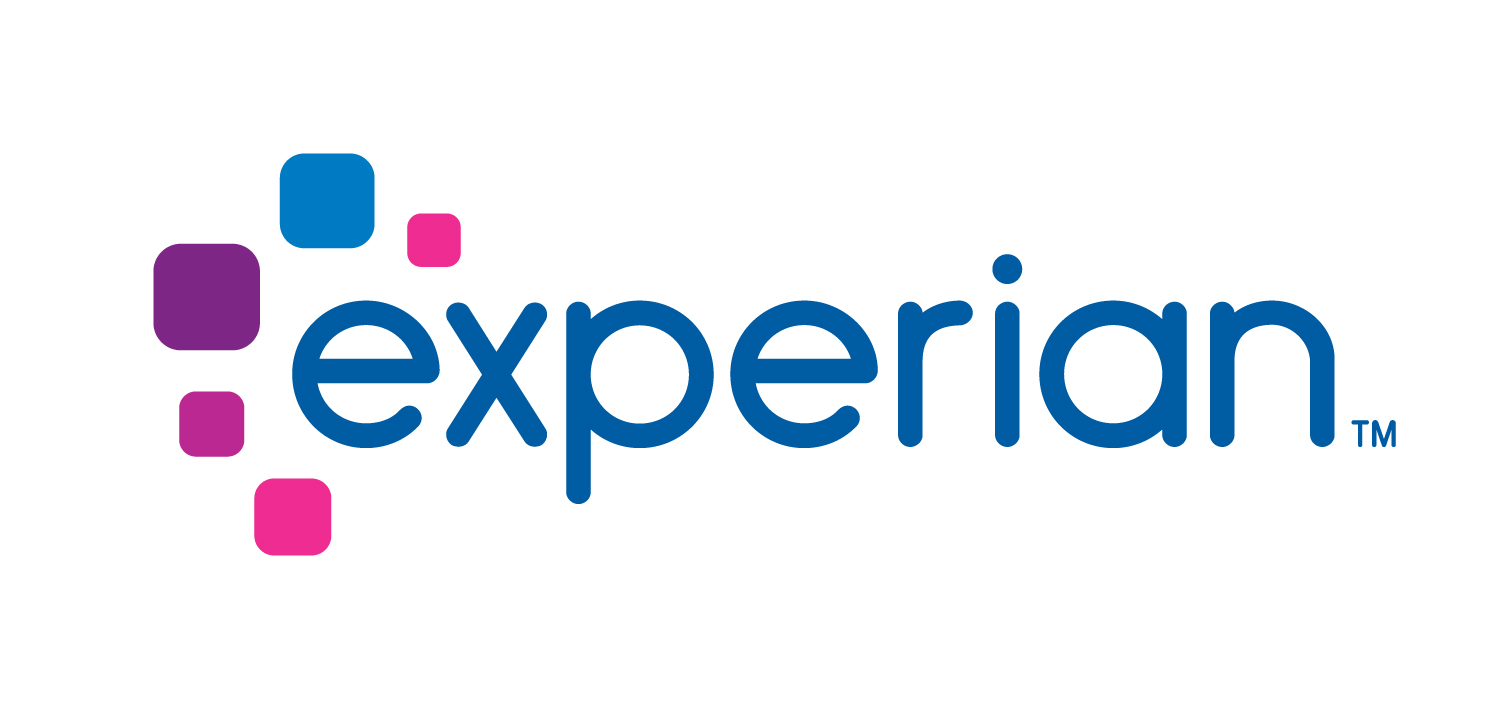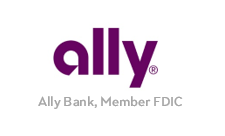Opening a bank account or applying for a new credit card are smart financial moves to make. A checking and/or savings account both keep your money safe and secure until you're ready to use it, and a credit card helps you build a credit history so you can more easily get approved for loans in the future.
But before applying for any of the above, you should first know how doing so could affect your credit score.
Credit card applications require card issuers to pull your credit report in order to see if you are a trustworthy borrower. These result in a hard inquiry and will likely ding your credit score a few points temporarily. But opening a new bank account is different.
On the other hand, banks often screen an applicant's history through a reporting agency called ChexSystems when they apply for a new checking and/or savings accont. A ChexSystems report looks at your past savings and checking account history, as opposed to your credit history. This may include any unpaid negative balances (from overdrafting), frequent overdraft fees, bounced checks and/or suspected fraud.
Pulling a ChexSystems report has no direct impact on your credit score, but Experian points out that the report can reveal problem areas in your finances that impact both your credit and banking history. A negative mark on your ChexSystems report that causes you to be denied for a new bank account could signal that your credit is in danger, too.
There may be no relationship between the two, but something negative in your banking history serves as a bigger warning sign and can make you aware of things you didn't realize about your own finances. For instance, a negative checking account balance could be sent to a debt collection agency, which could then go on to report it to one of the three main credit bureaus. If this happens, your credit score will be affected.
To see what your ChexSystems report looks like, access a free copy once every 12 months by going to the consumer reporting agency's website or by calling 800-428-9623.
Concerned about your credit history?
Whether or not you are worried about your credit, you should make a habit of checking it regularly. Doing so will give you peace of mind when you go to apply for any new financial product, whether it's a rewards credit card or a personal loan.
Start by signing up for credit monitoring, which keeps you up to date in real-time with any changes made to your credit report. A service like Experian free credit monitoring comes at no cost and gives you access to your FICO credit score, credit reports and customized alerts.
Experian Free Credit Monitoring

Information about Experian free credit monitoring has been collected independently by CNBC and has not been reviewed or provided by the company prior to publication.
-
Cost
-
Credit bureaus monitored
-
Credit scoring model used
-
Dark web scan
Yes, one-time only
-
Identity insurance
Ready to open a checking and/or savings account?
Once you know where your credit stands and you've taken a look at your ChexSystems report, consider shopping around for the best checking and/or savings account for your money.
For a no-fee checking account, consider the Discover Cashback Debit Account for its free overdraft protection and debit card rewards program: 1% cash back on up to $3,000 in debit card purchases each month. Cardholders, take note: That's up to $30 cash back per month and $360 annually.
Discover Cashback Debit Account

Information about the Discover Cashback Debit Account has been collected independently by CNBC and has not been reviewed or provided by the bank prior to publication. Discover is a Member FDIC.
-
Monthly maintenance fee
-
Minimum deposit to open
-
Minimum balance
-
Rewards
1% cash back on up to $3,000 in debit card purchases each month
-
Free ATM network
60,000+ Allpoint® and MoneyPass® ATMs
-
ATM fee reimbursement
-
Overdraft fee
-
Mobile check deposit
Pros
- Top-rated mobile app
- No minimum deposit to open an account
- 1% cash back on up to $3,000 in debit card purchases each month
- Opt-in to free overdraft protection
- No overdraft fees
Cons
- No reimbursement for out-of-network ATM fees
Ally Bank Online Savings Account

On Ally Bank's secure site
-
Annual Percentage Yield (APY)
-
Minimum balance
-
Monthly fee
-
Maximum transactions
Up to 6 free withdrawals or transfers per statement cycle
-
Excessive transactions fee
$10 per transaction
-
Overdraft fees
-
Offer checking account?
-
Offer ATM card?
Yes, if have an Ally checking account
Pros
- Strong annual percentage yield on all balance tiers
- No minimum balance
- No monthly fees
- Up to 6 free withdrawals or transfers per statement cycle
- Option to add a checking account
- ATM access if you have a checking account
Cons
- $10 fee per transaction if you make more than 6 in a statement cycle
- $25 overdraft fee
Editorial Note: Opinions, analyses, reviews or recommendations expressed in this article are those of the CNBC Select editorial staff’s alone, and have not been reviewed, approved or otherwise endorsed by any third party.
"score" - Google News
September 23, 2020 at 12:12AM
https://ift.tt/2ZZfXMy
Applying for a checking or savings account won't impact your credit score, but here's what to watch out for - CNBC
"score" - Google News
https://ift.tt/2OdbIHo
Shoes Man Tutorial
Pos News Update
Meme Update
Korean Entertainment News
Japan News Update
Bagikan Berita Ini














0 Response to "Applying for a checking or savings account won't impact your credit score, but here's what to watch out for - CNBC"
Post a Comment